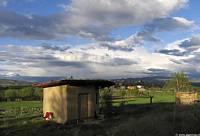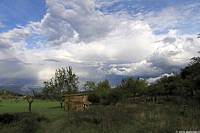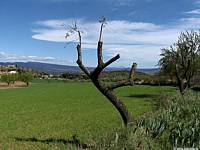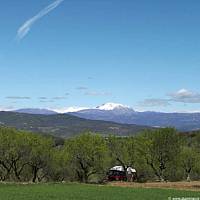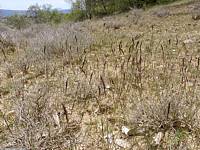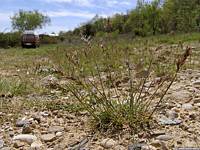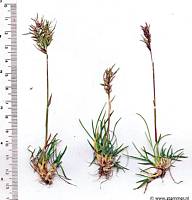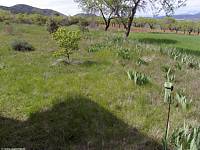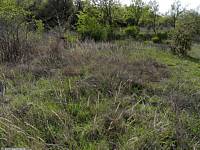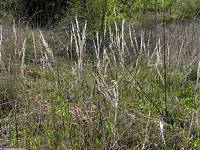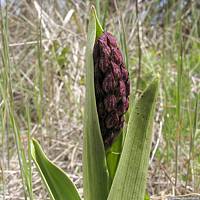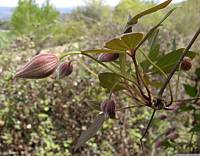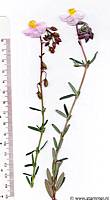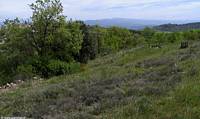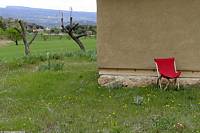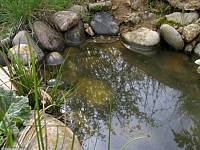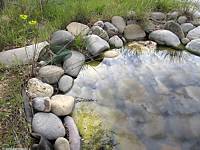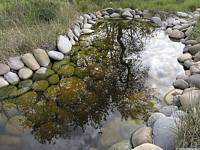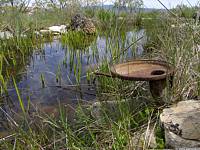|
|
Nature Switched On
|
|
|
introduction |
2012 April 8 to 26
The weather in April has been capricious,
with beautiful cloudy skies and quite some rain, but probably still
not enough to compensate for the extremely dry winter, whose effects
c |
|
|
April storms. 12 Apr 19:39 and 21 Apr 19:19 |
||
|
Pruned Prunus dulcis between the barley and Iris
germanica. 8 Apr 15:29 |
We didn't visit the
holy mountain in Japan but this is as close as it can get. |
|
|
Poa bulbosa is a tiny grass species which can
withstand drought very well and grows on the driest and barest parts
in the zone. In summer the plant mostly d
Its cousin, Poa pratensis (Kentucy blue grass), has a brigher green colour, grows in moister areas and forms a nice kind of lawn.
Phleum phleoides ( Purple-stem
Catstail )
flowers much later but is still conspicious with its dry fruits from
last year (in unmown areas).
|
||
| Poa
bulbosa on the higher terrace, forming almost a mono-culture. 25 Apr 13:27 |
||
| A tussock
of Poa bulbosa on the bare soil of the car track. 25 Apr 12:18 |
A scan of Poa bulbosa. The bulbs can be clearly seen as
well as the mini-plants in the flowerheads. |
|
| Fresh
green colour of a Poa pratensis plot. In sunnier places it is
already flowering. 25 Apr 16:39 |
Phleum phleoides mixing with Thymus vulgaris. |
|
| Arabis
glabra forms ground rosettes of only 5 cm diameter, but its
stalks reach 80 cm. New green stalks can be seen in the lower left corner. 25 Apr 17:48 |
||
|
Anticipation is often more intriguing than the final outcome and this certainly holds true for the budding of certain flowers in spring. |
||
Orchis purpurea at the point of flowering.
|
Clematis montana var.
'Rubens' hanging from the greenhouse roof. 25 Apr 13:42
|
|
|
I encountered one plant of what seemed like another species of
Helianthemum (Sunrose). This one was much less hairy, with
narrower leaves and redder sepals than the one common in the zone,
H.violaceum. On closer study of the literature, I discovered
that this new species was probably H. violaceum, and the
other, mor
|
||
|
Helianthemum sp. adhering to the zone below the
Thymus belt. |
Scan of Helianthemum
violaceum and H.apenninum. 26 Apr 9:31 |
|
|
|
Taraxacum sp. around the
house 25 Apr 13:03
|
|
|
An inspection tour round the three different ponds in the zone:
|
||
|
The filter pond harbours several hundreds of larvae of
Helophilus
pendulus, which cause the typical small circles on the water
surface. 26 Apr 11:34 |
Clouds and stones mingle nicely
in the lower pond. No soil in here, so no vegetation, which renders interesting mirrors all year round. 23 Apr 9:45 |
|
|
Sparganium erectum ready for another assault on
absolute
hegemony in the upper pond. The stone at the back is meant to abort the project of the wild boar. 25 Apr 13:31. |
Stone, tree, sky. Lower
pond. 23 Apr 9:47 |
|
|
introduction
|
|
